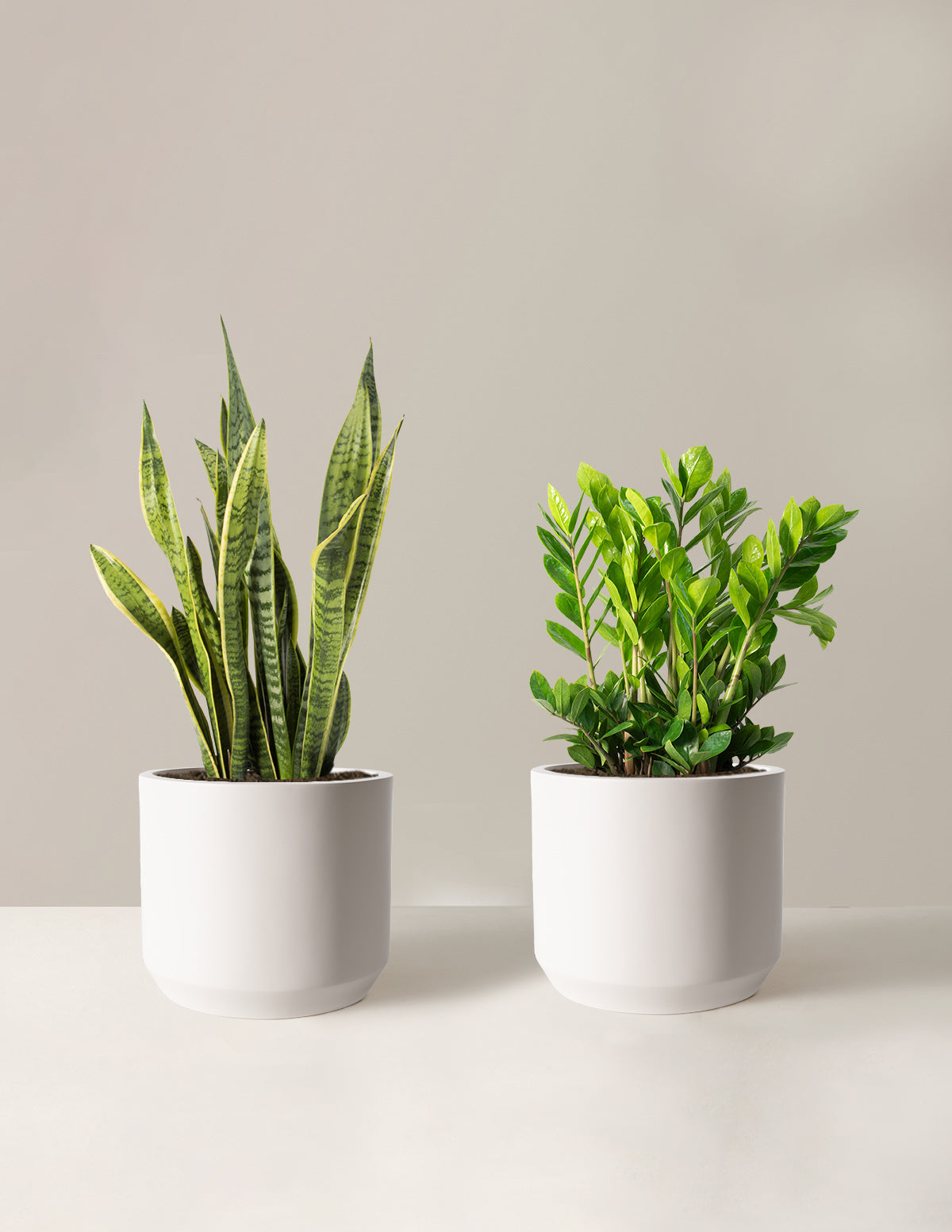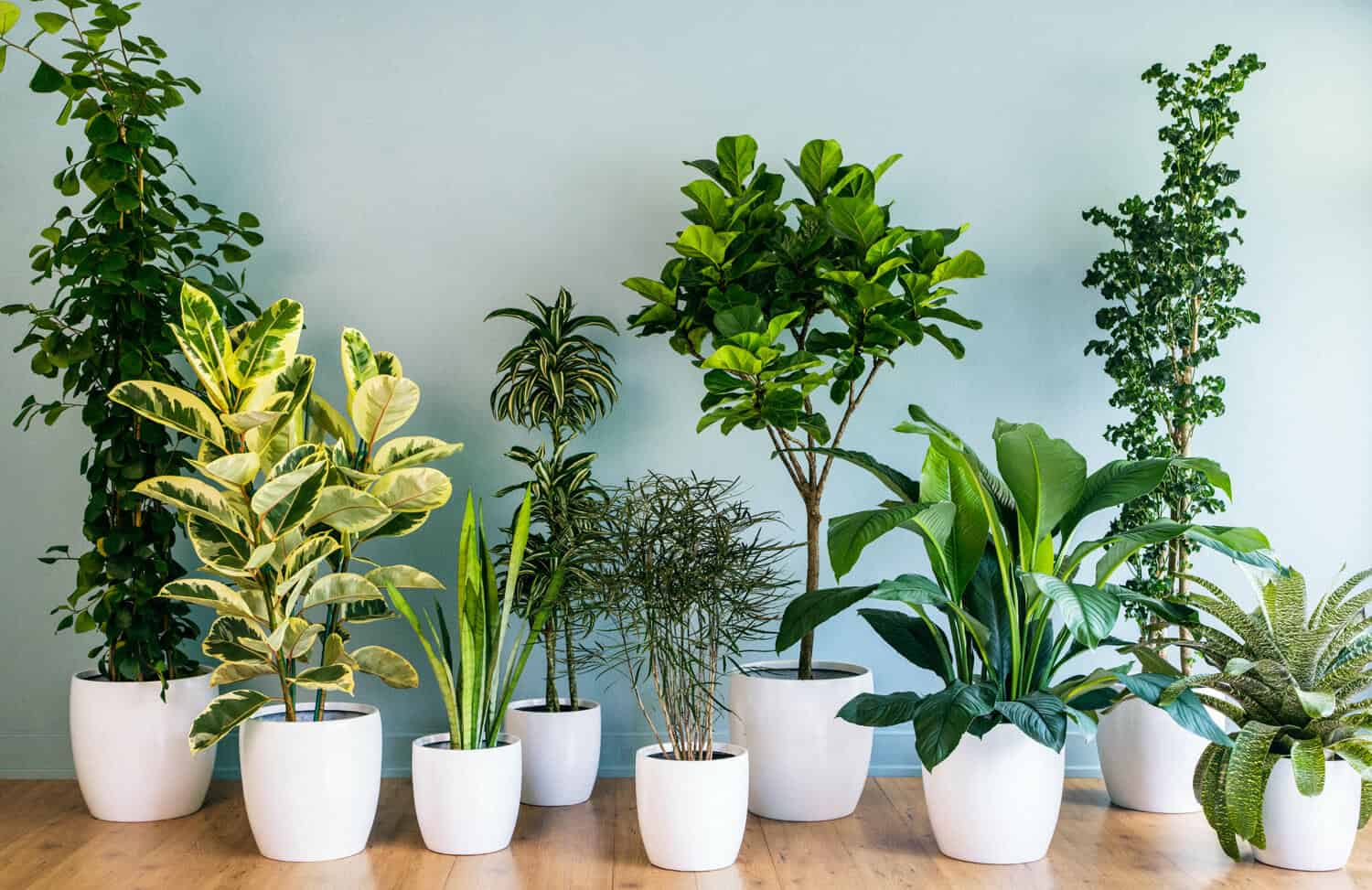The Best Low-Light Indoor Plants to Improve Your Home’s Air Quality
The Best Low-Light Indoor Plants to Improve Your Home’s Air Quality
Blog Article
Explore the Unique Advantages of Low-Light Indoor Plants for Your Living Space
Integrating low-light interior plants right into your living space provides a plethora of benefits that extend much past plain aesthetic appeals. These durable plants not just flourish in atmospheres with restricted sunshine yet additionally serve important features such as air filtration and moisture improvement.
Air Filtration Benefits
Low-light interior plants not just boost the aesthetic appeal of living spaces but likewise play a considerable duty in air filtration. Study has actually shown that certain plant species can effectively remove common indoor pollutants, including benzene, trichloroethylene, and formaldehyde. These substances commonly rise from house things such as furnishings, cleansing products, and building materials, adding to interior air top quality problems.
Plants such as the snake plant, pothos, and peace lily are particularly adept at filtering system unsafe materials from the air while thriving in low-light problems. The procedure of phytoremediation, where plants absorb and metabolize toxins, enables these varieties to add substantially to a much healthier indoor environment. Additionally, via photosynthesis, plants launch oxygen, even more enhancing air top quality.
Including low-light indoor plants into office or home rooms not only offers aesthetic advantages however also acts as a sensible technique for improving air top quality. By choosing the right varieties, people can create an environment that promotes health and minimizes exposure to unsafe contaminants, making these plants an important component in contemporary interior living.

State Of Mind Improvement Results
Many research studies have shown that including interior plants can substantially improve mood and overall emotional health. The existence of greenery in interior settings has actually been linked to reduced stress and anxiety degrees, enhanced feelings of peace, and enhanced emotional wellness. Low-light interior plants, in specific, thrive in environments where all-natural light is restricted, making them perfect for numerous living areas.
Research shows that engaging with plants can stimulate the launch of serotonin, a neurotransmitter associated with sensations of happiness and health. Furthermore, the act of caring for plants promotes a sense of duty and achievement, more contributing to positive psychological health end results. Low-light plants such as snake plants, pothos, and tranquility lilies have been shown to improve air high quality, which is intrinsically linked to state of mind enhancement.
Integrating these plants right into your office or home can produce a serene environment, supplying a sensory and aesthetic retreat from the hustle and bustle of day-to-day life - Best low-light indoor plants. As individuals spend raising amounts of time inside, the mood-enhancing effects of low-light indoor plants come to be a lot more crucial, giving not only visual charm yet also a profound effect on psychological health
Low Maintenance Demands
For those looking for to boost their interior spaces without a considerable time dedication, low-light interior plants are a perfect option as a result of their reduced upkeep requirements. These resilient plants flourish in less-than-ideal illumination problems, making them excellent for offices and homes where natural sunlight is limited.

Pest resistance is one more advantage of low-light indoor plants. Several varieties are much less vulnerable to usual insects, lowering the requirement for constant monitoring and intervention. Moreover, these plants usually grow much more slowly than their high-light equivalents, suggesting much less frequent repotting and pruning are required.
Aesthetic Appeal and Versatility

Furthermore, these plants can be organized in myriad methods, whether in teams for a rich impact my review here or as standalone attributes to attract the eye. The selections of planter designs-- from streamlined ceramic pots to rustic wood containers-- better enhance their aesthetic value, allowing property owners to express their personal style.
Moreover, low-light plants can be strategically placed in locations that might or else really feel ignored, such as edges or dimly lit shelves, thus maximizing their decorative possibility. Inevitably, the mix of their striking look and adaptability makes low-light indoor plants an important addition to any living room, developing a welcoming environment that promotes health and leisure.
Boosted Humidity Degrees
Enhancing interior humidity degrees is just one of the considerable benefits of incorporating low-light interior plants into living spaces. These plants normally release moisture vapor via a procedure called transpiration, which occurs when water soaked up by the origins moves via the plant and evaporates from the leaves. This procedure not only increases moisture however also adds to a healthier interior atmosphere.
Improved moisture levels can relieve different health concerns, such as dry skin, respiratory issues, and allergies. Several individuals experience pain in arid interior problems, particularly throughout winter months when furnace are in usage. By strategically putting low-light plants throughout your home, you can create a much more balanced moisture degree that promotes total wellness.
Moreover, specific low-light interior plants, like peace lilies and crawler plants, are particularly efficient at increasing moisture. Their capacity to flourish in low-light settings makes them optimal for numerous areas, from workplaces to bedrooms. Along with boosting humidity, these plants can likewise boost air high quality by filtering system out common indoor toxins, making them an important enhancement to any home. Hence, low-light indoor plants offer both aesthetic and useful objectives, promoting a much healthier atmosphere.
Final Thought
In summary, low-light interior plants provide various benefits that add to a much healthier and much more inviting living area. Including these resilient plants right into indoor settings not just boosts the atmosphere however also link promotes overall wellness, developing a tranquil sanctuary for homeowners.
Plants such as the snake plant, pothos, and tranquility lily are specifically adept at filtering hazardous compounds from the air while flourishing in low-light conditions. Low-light plants such as snake plants, pothos, and tranquility lilies have actually been shown to enhance air high quality, which is inherently linked to the original source mood improvement.
Low-light interior plants, such as serpent plants, pothos, and ZZ plants, not only improve the visual landscape of an area however additionally present different structures and shades of green that can enhance varied interior styles. These plants normally launch wetness vapor via a process recognized as transpiration, which occurs when water taken in by the origins moves via the plant and evaporates from the leaves.Moreover, specific low-light interior plants, like peace lilies and crawler plants, are specifically efficient at raising humidity.
Report this page